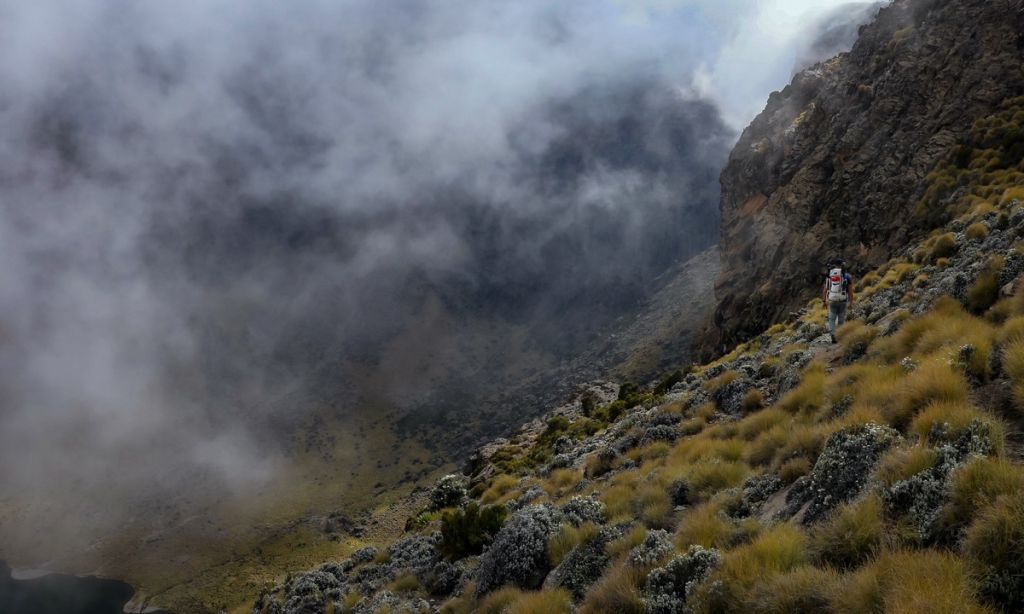Andrew Hughes' Groundbreaking Expedition in Kenya
- Written by Staff
- Published in News
- Comments::DISQUS_COMMENTS
Paddling Africa's Highest Waters and Climbing Mount Kenya
In a pioneering effort that blends adventure, environmental stewardship, and scientific research, Andrew Hughes is set to embark on an extraordinary journey to Kenya. This expedition marks a significant phase in his ongoing “Peak Paddle Project,” a global initiative that seeks to paddle on the highest bodies of water across all continents while conducting crucial climate research. Hughes, a world-record-holding paddleboarder and accomplished mountaineer, will attempt to paddle both a stand-up paddleboard (SUP) and a kayak on the highest and second-highest lakes in Africa—Harris Tarn and Simba Tarn—both located on the majestic Mount Kenya.
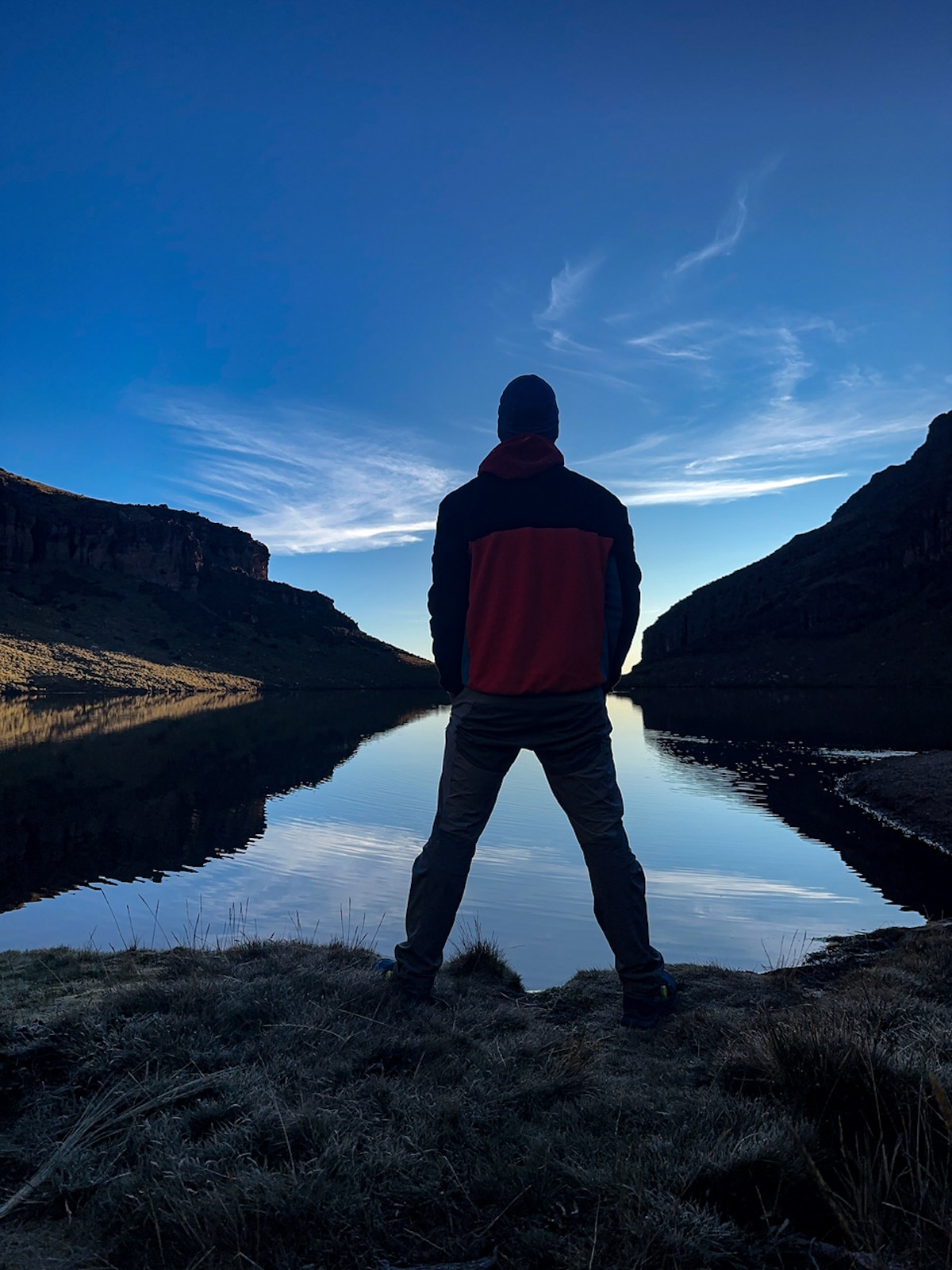 |
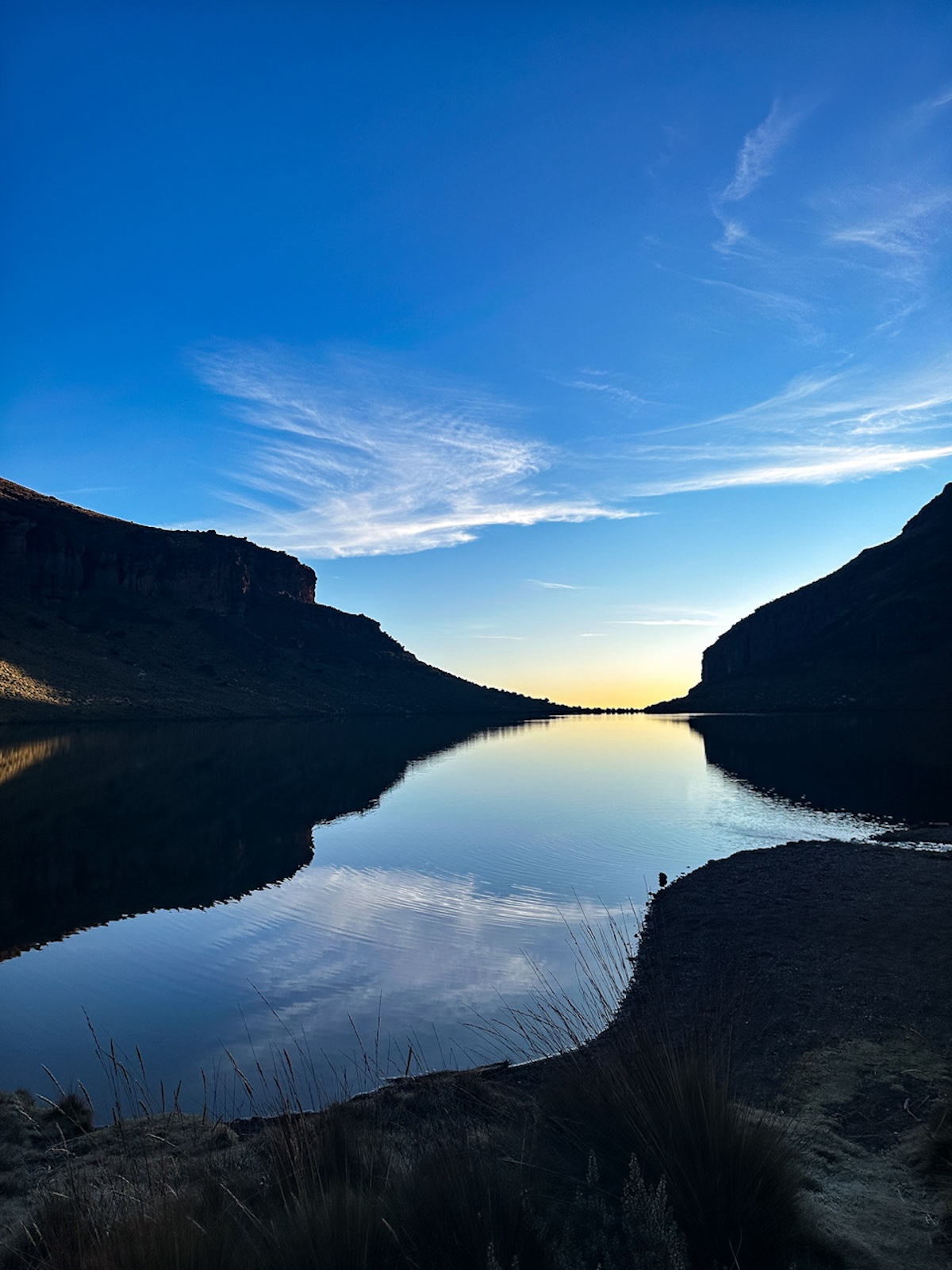 |
The Peak Paddle Project: Pushing the Limits
Andrew Hughes’ “Peak Paddle Project” was born from his record-setting paddleboard adventure on a Chilean volcano earlier this year, where he set a Guinness World Record for paddling at an altitude of 19,364 feet. Inspired by the concept of the Seven Summits, Hughes aims to paddle on the highest waters in some of the most remote and challenging environments on Earth. For his upcoming adventure in Kenya, Hughes will attempt to be the first known person to paddle on Harris Tarn, perched at a staggering 15,600 feet above sea level, and Simba Tarn, located at 15,075 feet.
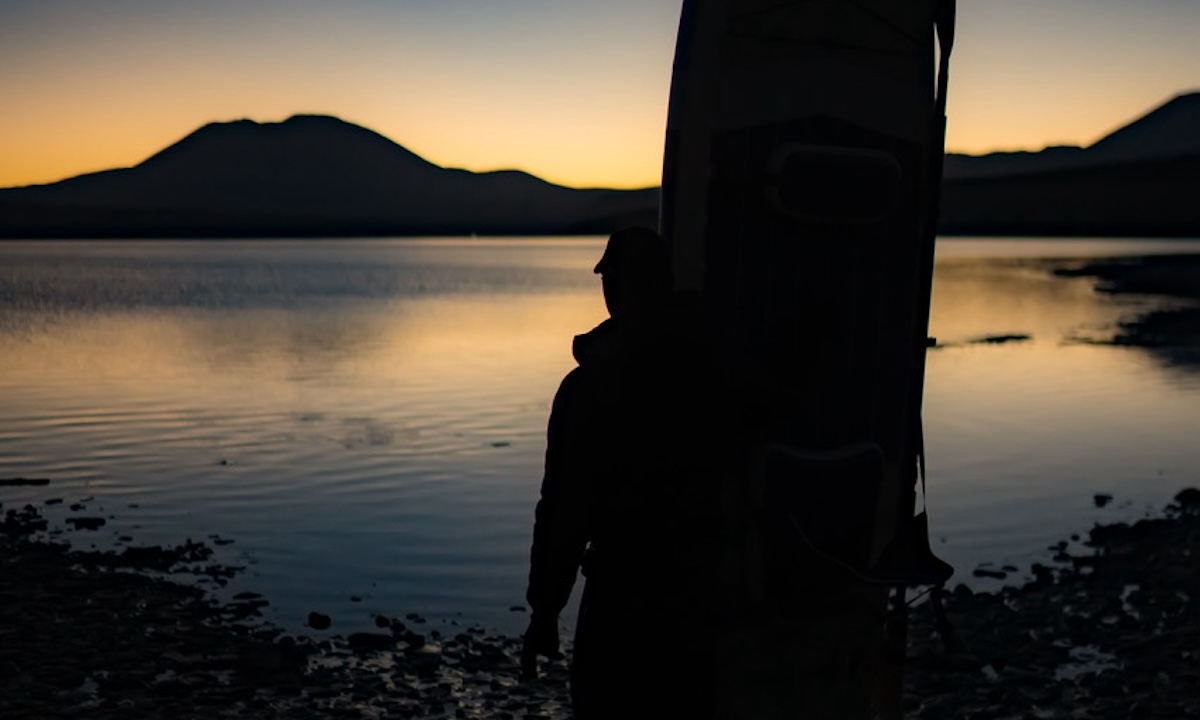
Climate Research at the Roof of Africa
Hughes’ journey is not merely about setting records; it’s deeply rooted in climate research. In collaboration with researchers from the University of Minnesota, Hughes will conduct a series of scientific studies on these high-altitude lakes. His work will include bathymetric mapping, sediment sampling for paleoclimate analysis, water isotope collection, and other foundational data gathering. These efforts aim to enhance our understanding of these remote lakes' role in the broader climate change equation, particularly in their impact on local ecosystems and communities that depend on these water sources.
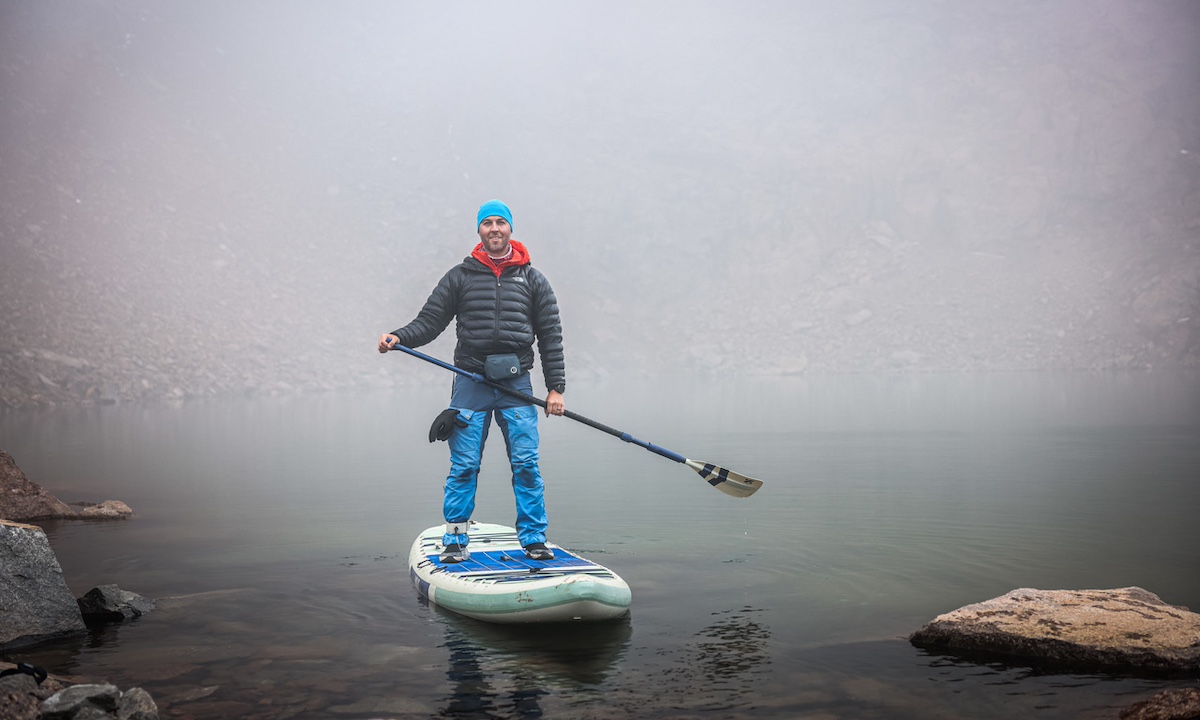
Climbing Mount Kenya: A Technical Challenge
The expedition will also see Hughes tackling the technical ascent of Mount Kenya’s Batian Peak, the second-highest summit in Africa at 17,057 feet. Unlike Kilimanjaro, which sees thousands of climbers annually, Batian Peak is a formidable challenge, with only about 50 successful summits each year. Hughes first attempted Batian in October 2023 but was forced to turn back due to an encroaching storm. Now, he returns with renewed determination to conquer this demanding peak.
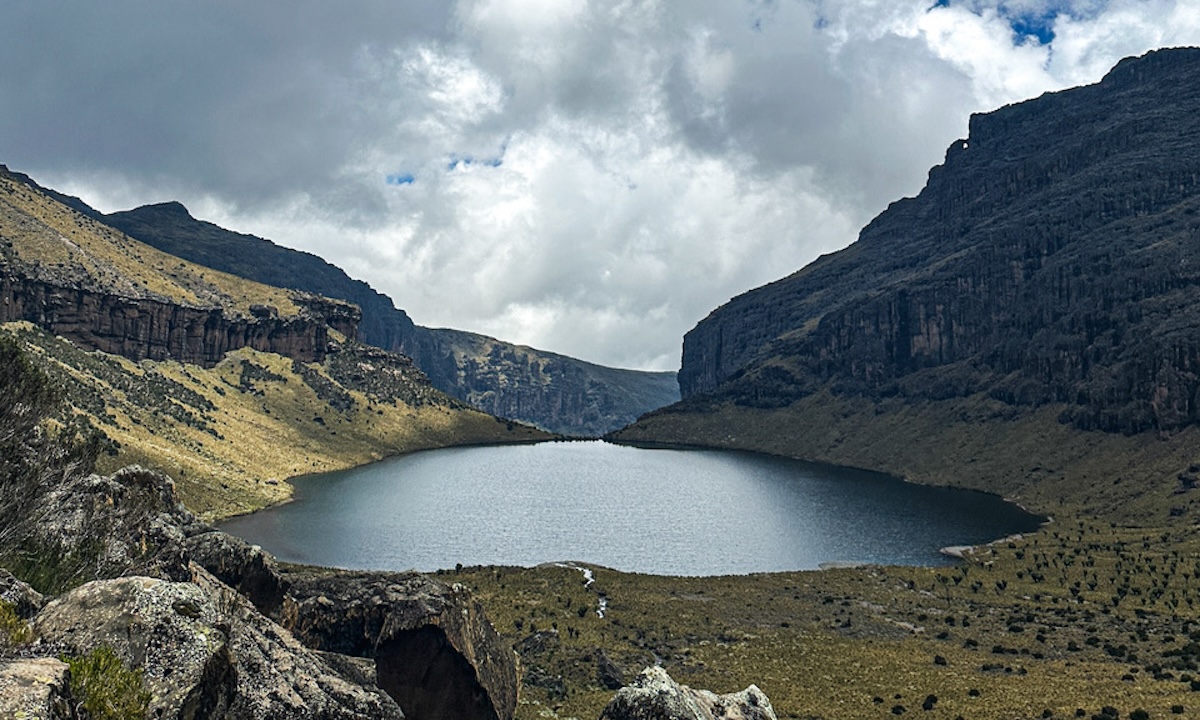
The “Second To None” Project: Elevating Sustainability in Adventure
Alongside the Peak Paddle Project, Hughes is advancing his “Second To None” initiative, highlighting the importance of sustainability in adventuring. This project involves climbing the second-highest mountains on each continent using second-hand or sustainably made gear whenever possible. By prioritizing used gear and reducing environmental impacts, Hughes aims to inspire a more sustainable approach to outdoor exploration.
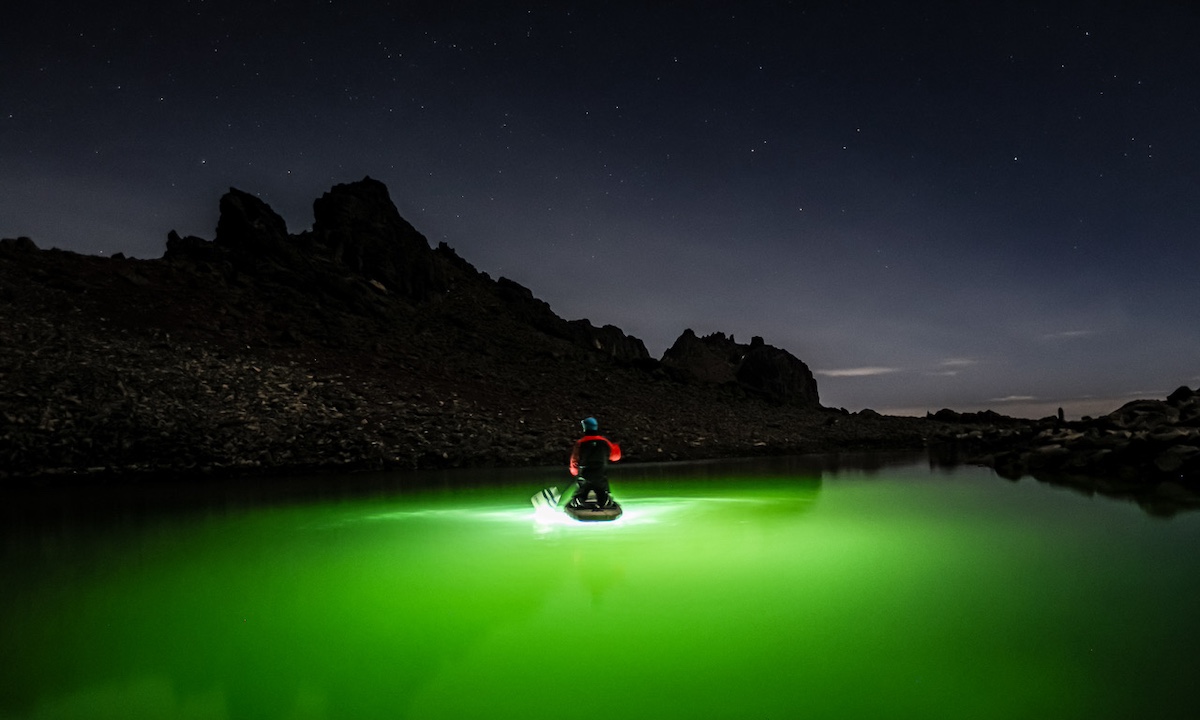
Documenting the Journey: “Endangered Explorer”
Hughes’ Kenya expedition will also be the focus of a short documentary titled “Endangered Explorer.” This film will explore the intersection of climate change, indigenous communities, and high-altitude environments. Collaborating with Kenyan filmmaker Peter Ndung’u, Hughes will spotlight the challenges local ecosystems face and the people who rely on these fragile environments. The documentary aims to raise awareness of the global impact of climate change and the urgent need for sustainable practices in adventure and exploration.
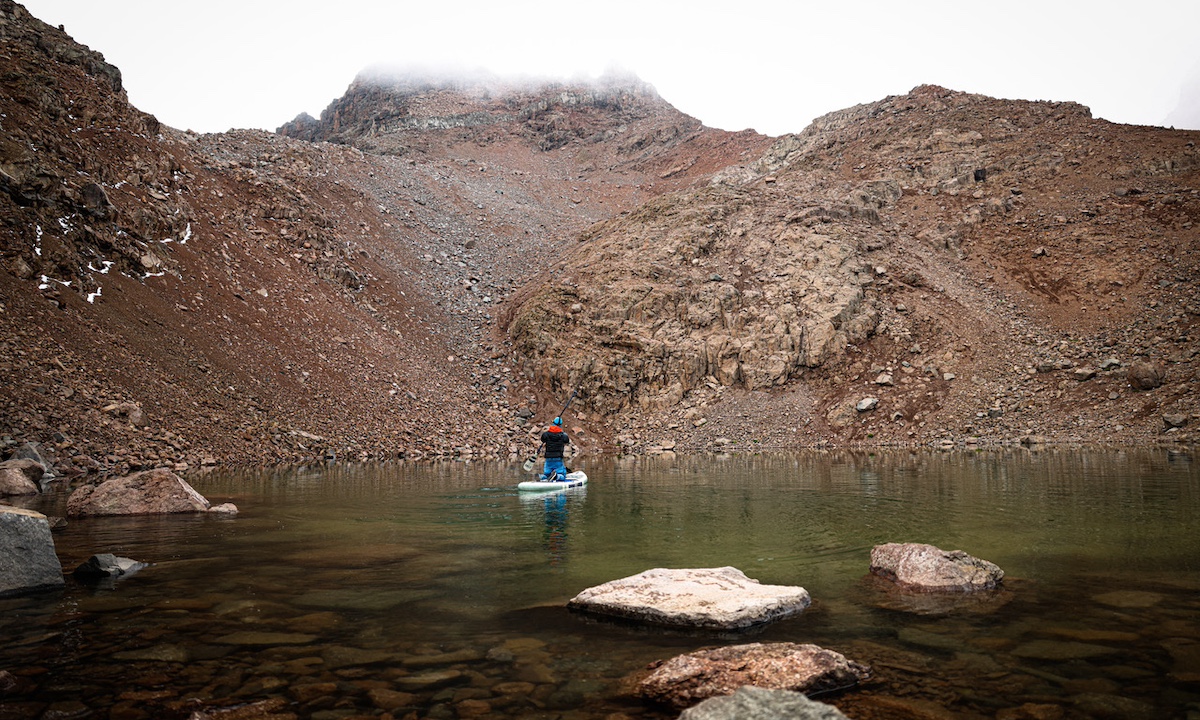
A Vision for the Future
Andrew Hughes’ expedition to Kenya is more than just an adventure; it’s a bold statement about the future of our planet. Through record-setting feats, scientific research, and a commitment to sustainability, Hughes is paving the way for a new kind of exploration—one that is deeply connected to the environment and the people who inhabit it. As Hughes prepares to paddle on Africa’s highest waters and climb its second-highest peak, he continues to inspire us all to reach new heights in our efforts to protect and preserve the natural world.
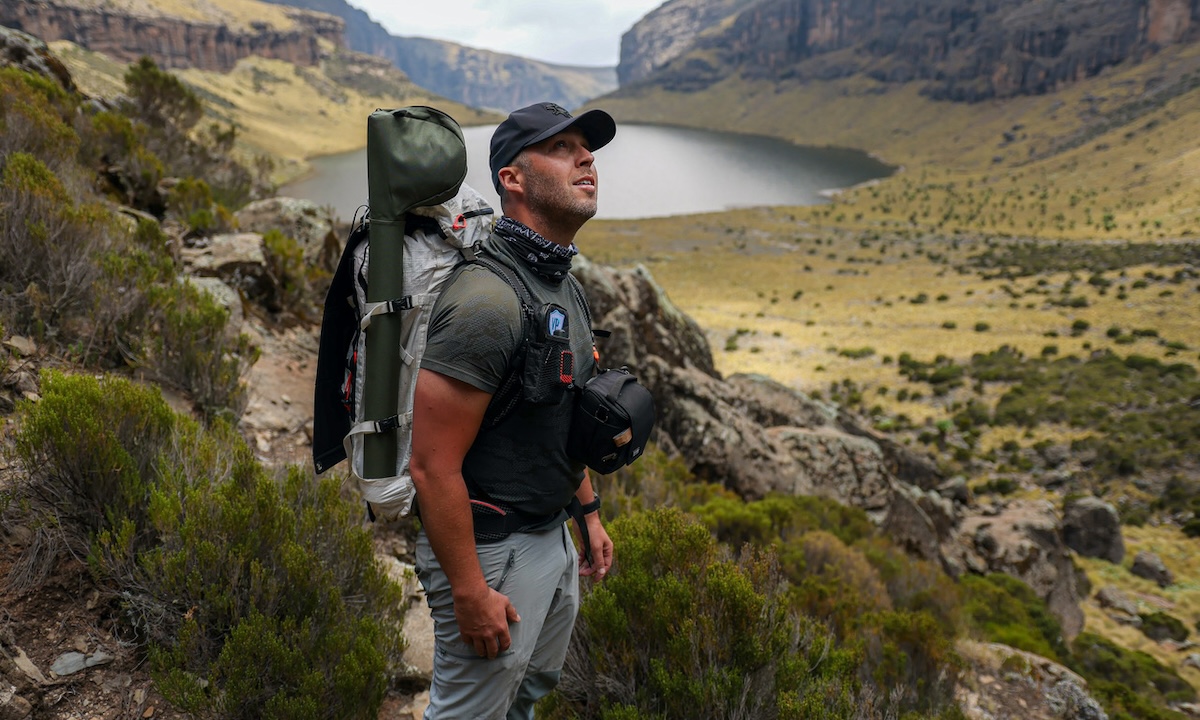
Meet Andrew Hughes
Raised on a farm near Seattle, Washington, Andrew Hughes developed a deep connection to nature early on. Despite initially pursuing a career in law and politics, Andrew realized that societal success was distancing him from his true passions. A series of personal hardships led him to the mountains, where he transformed challenges into opportunities for growth.
Andrew has since achieved remarkable feats, including The Seven Summits, Antarctica Trifecta, and Guinness World Records on Everest and in the Andes. His upcoming ventures include completing the Explorers Grand Slam and additional world record attempts.
Beyond his achievements, Andrew is committed to making a positive impact. He advocates for sustainability, conservation, and inclusivity in the outdoors, raising awareness for climate change and supporting Human Rights Watch. Andrew’s ultimate goal is to create a more equitable world, believing that fostering connections with nature inspires people to protect our planet.
The Peak Paddle Project: Pushing the Limits
Andrew Hughes’ “Peak Paddle Project” was born from his record-setting paddleboard adventure on a Chilean volcano earlier this year, where he set a Guinness World Record for paddling at an altitude of 19,364 feet. Inspired by the concept of the Seven Summits, Hughes aims to paddle on the highest waters in some of the most remote and challenging environments on Earth. For his upcoming adventure in Kenya, Hughes will attempt to be the first known person to paddle on Harris Tarn, perched at a staggering 15,600 feet above sea level, and Simba Tarn, located at 15,075 feet.

Staff
Submit your news, events, and all SUP info, so we can keep promoting and driving the great lifestyle of stand up paddling, building its community, and introducing people to healthier living.
Website: supconnect.com Email This email address is being protected from spambots. You need JavaScript enabled to view it.
